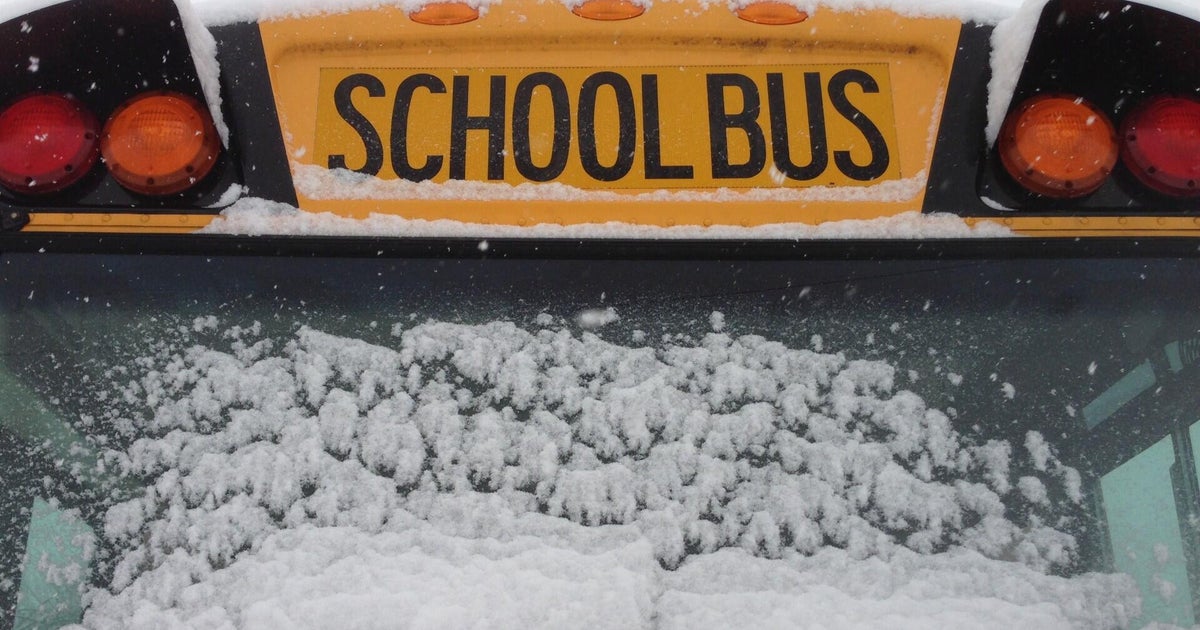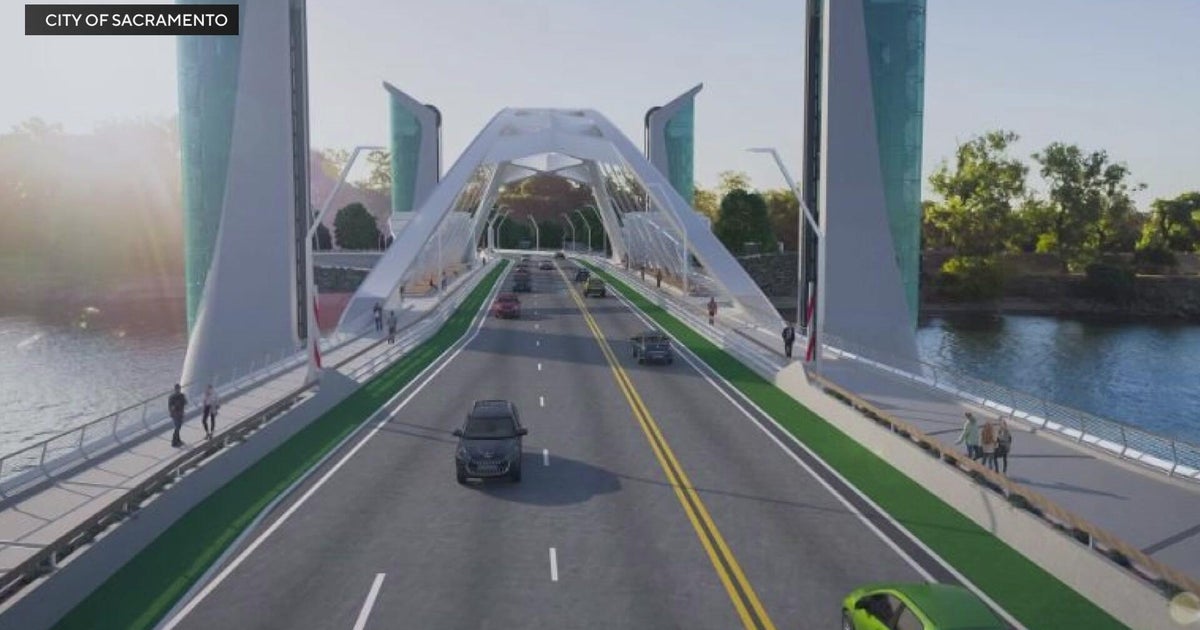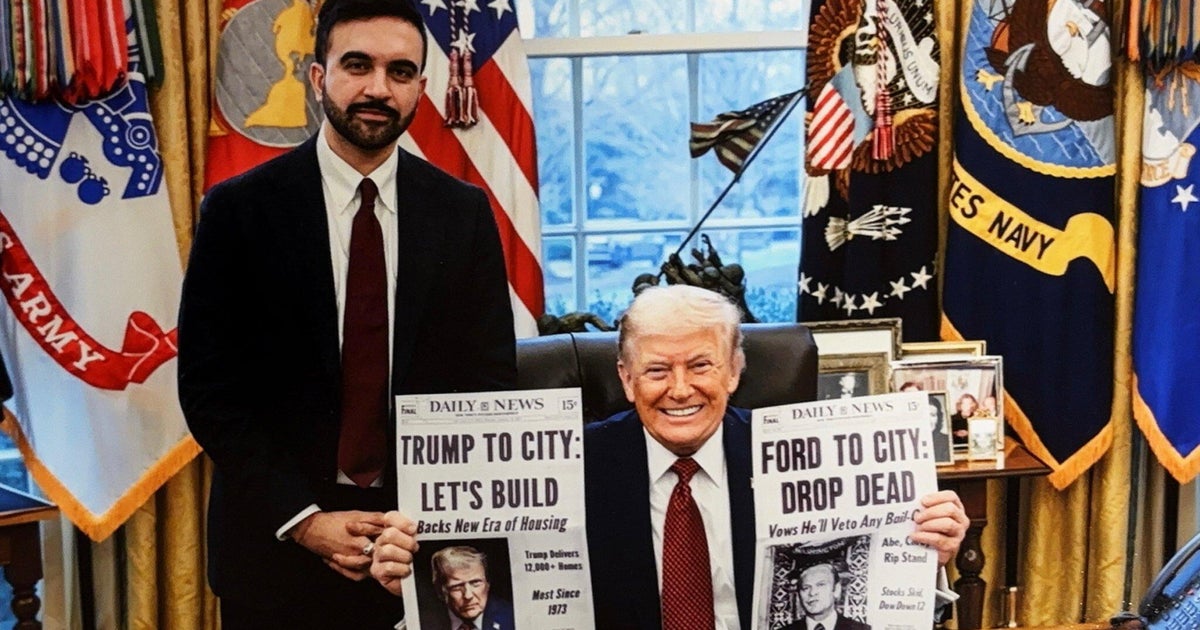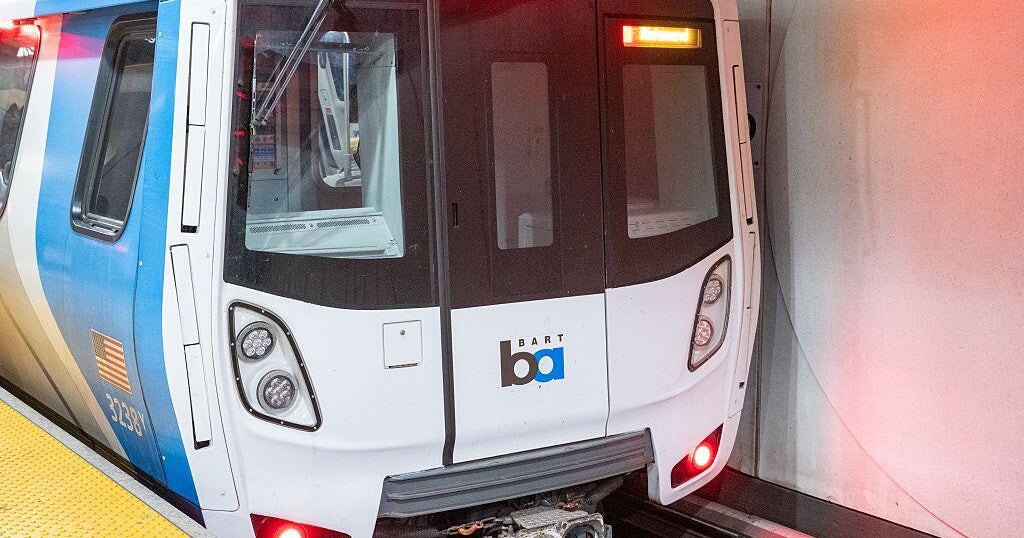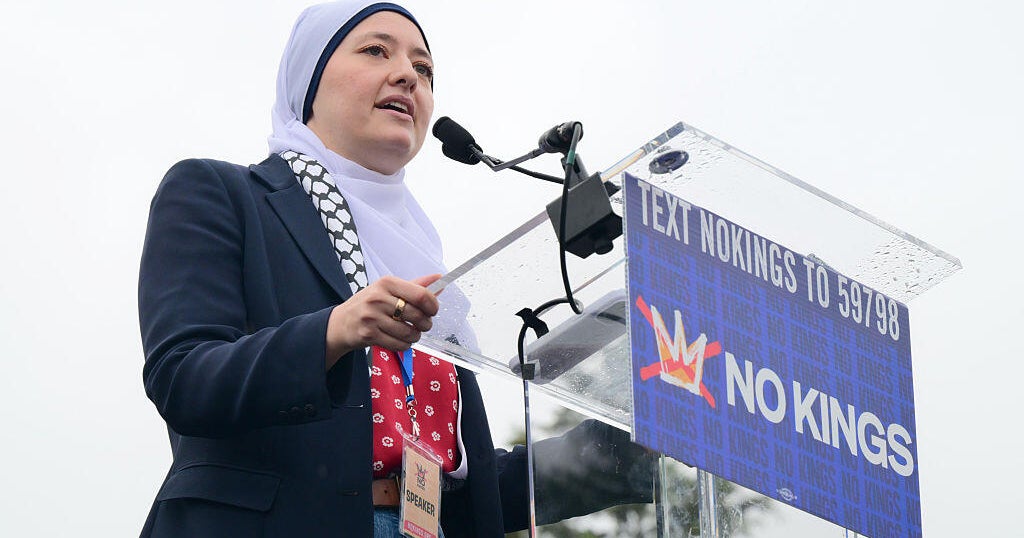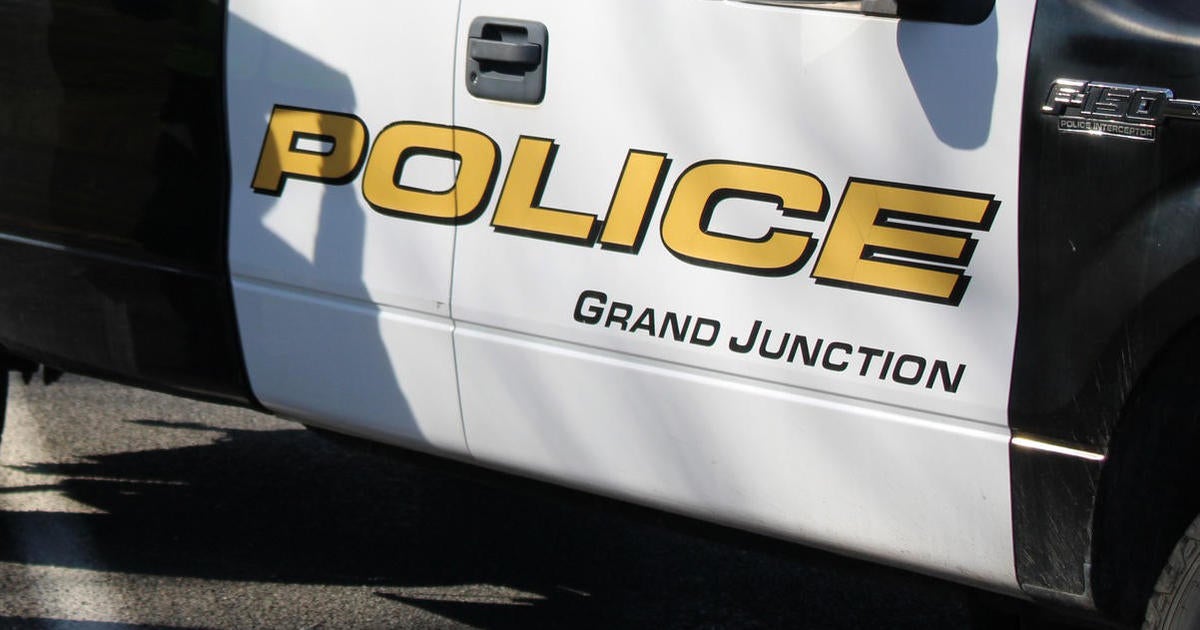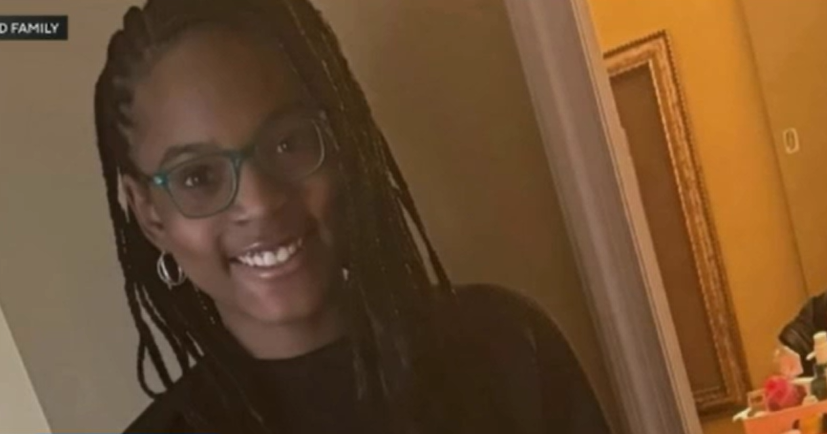All Things Travel: Tough Times For Transportation
BOSTON (CBS) – State Transportation problems are not going to be fixed next year or in five years.
That was the message that came out loud and clear at The Transportation & Economic Panel at the Annual Meeting of the Association for Public Transportation Thursday night at Northeastern University.
The moderator was former Massachusetts Governor Michael Dukakis. Panelists included Thomas Cahir, Administrator of the Cape Cod Regional Transit Authority; Joseph Curatone, the Mayor of Somerville; State Senator Thomas McGee, Chairman of the Transportation Committee on Beacon Hill and Stephanie Pollack, Secretary and CEO of the Massachusetts Department of Transportation.
Ten minute presentations were followed by 30 minutes of discussion with panelists and the audience of 100 that was mostly male and represented a number of transportation interests.
Ms. Pollack did more than hold her own with questions headed in her direction.
The presentations and follow-up discussion brought out the fact that the real costs and time-line for fixing the MBTA and roads and bridges throughout the Commonwealth were not transparent in many cases.
Pollack made a couple of comments early on about the status of transportation. Bus travel ranks number one in carrying people in systems across the Commonwealth. On transportation projects, the state is starting to place signs saying when these projects are scheduled to be completed.
Former Governor Mike Dukakis set the tone for the evening when he asked where MassDOT was getting its estimate for costs for the new stations on the Green Line extension in Somerville. He termed the cost figures "outrageous."
The Cape Flyer rail seasonal service has been a great success commented Tom Cahir. But he cautioned that traffic continued to be a major problem for Cape business. The two bridges, built in the 30's, only carry a total of four lanes in each direction for a summer population of one million.
Somerville Mayor Curatone said the Green Line expansion was going to happen. It has to happen to serve the areas' growing business and residential base with a billion dollars of federal money already approved. The planning and growth of Assembly Square is a good example of transportation helping to improve the area.
Senator McGee pointed out that the state had not done a thorough enough job in questioning and planning of costs for statewide projects over the last decade.
But the night belonged to DOT Secretary Pollack. She pulled no punches on just how serious the transportation infrastructure problems are.
Failure to anticipate final costs and completion dates for projects is a major red flag for planning purposes. Pollack said she and her team were going to gather all transportation ideas in the next few months for the next few years and then prioritize them.
"Sometimes you have to say 'No'," said Pollack, referring to budget requests.
Other topics of conversation included: expansion of South Station, South Coast Rail and the North Station-South Station rail link tunnel.
Pollack indicated that any new tunnel under the Central Artery tunnel would require major engineering changes and costs.
No one mentioned any new taxes to pay for any of these projects. In my opinion, people will pay if they see results and know what is going on.
Public/private partnerships, like the New Balance funded station, at Boston Landing on the T's Purple line, will become more important in the years ahead.
Also, it may be that Massachusetts is falling behind southern states in getting federal dollars to fund transportation projects.
Bob Weiss reports on business travel on Mondays at 5:55 a.m. on WBZ NewsRadio 1030.

